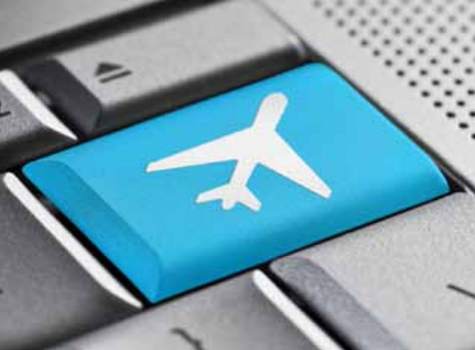




With all the modern technology and uses of these devices in industries worldwide the air cargo business also has that opportunity to change and become in tune. Changing the messaging route is the idea here to cut costs and make everything work at a faster and more effective speed.
However not everyone sees this as a productive move. Traders and freight forwarders feel its time wasting and unnecessary to say the least. Modern technology for the air cargo industry just doesn’t seem to be welcome.
The original messaging standard is the CARGO IMP protocol which is now being left behind for the modern cargo XML standard. This is not completely new, for some documents this is the system that is used although overall the old standard was used more.
For cargo documents such as airway and house airway bills as well as flight manifests it was the XML standard being used.
The International Air Transport Association (IATA) introduced this new standard mainly to make the freight business more cost effective and overall easier and modern.
The paper free cargo seems a good idea and much more professional and in tune with society.
This is a positive development for many reasons. Being based on the XML standard means that it can operate with many other transportations such as road, rail and marine. This in itself is a huge ease and advantage.
The introduction of the cargo-XML standard is an act of modernization for the techniques, progress and protocols of the air cargo industry.
This will save time and cut costs as well as bringing the cargo business as up to date with modern society as other industries.
On the other hand there are workers who are hesitant to open up to this new development. The old cargo-IMP being frozen by the introduction of the new modern technology means companies aren’t as welcoming to the change.
The imp is still well and running which makes it seem pointless to some traders to go through the time and effort to change to something new when they are already accustomed, comfortable an happy with the old system.
In response to this it is to save time and money over the whole industry and is a much more modern system then the IMP. A system that has been adopted worldwide by many countries including the United States and it is hoped that most, if not all the other countries will follow and shift to the more modern option.



